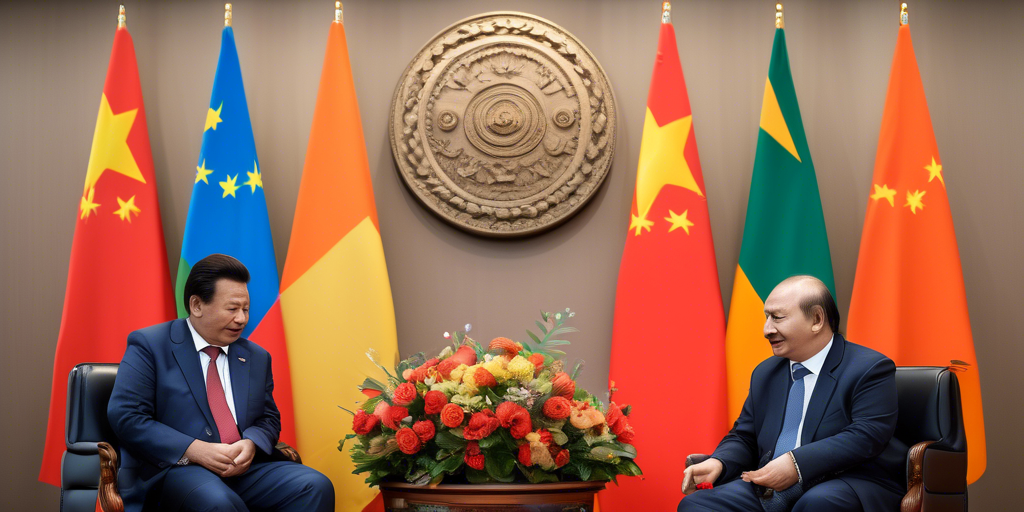BRICS leaders gathered in Brazil this weekend for a pivotal summit, marking a crucial moment for the bloc in 2025. The BRICS group, composed of Brazil, Russia, India, China, and South Africa, is rapidly increasing its influence. As BRICS expands, questions arise on how BRICS will challenge Western dominance.
🎯 BRICS seeks to reshape global order
The summit in Rio de Janeiro has drawn attention worldwide, especially as BRICS nations push for a more multipolar world. With new members and growing economic power, the bloc is signaling its desire to move away from US and European-centric models.
This year, key leaders such as Russia’s Vladimir Putin attended in person, while China’s Xi Jinping was notably absent for the first time in BRICS history. Despite this, the group reiterated its commitment to multilateralism and stronger cooperation.
⚠️ Tensions with the United States escalate
US-BRICS relations became strained as President Trump announced a potential 10 percent tariff on countries aligning with what he calls the “anti-American policies” of BRICS. This tough stance signals Washington’s unease with the bloc’s growing influence.
During the summit, BRICS leaders openly criticized the recent US tariffs and condemned the escalation of trade wars. They also expressed concern over US involvement in Middle East tensions, particularly regarding Israel and Iran.
💡 Challenges and opportunities ahead
BRICS faces both internal and external challenges. The absence of China’s top leader, Xi Jinping, raised questions about internal coordination and shared goals. However, the group’s unified stance against protectionism and unilateral actions offers hope for more balanced international relations.
Expanding membership remains on the agenda, with several nations expressing interest in joining BRICS. As the group grows, maintaining unity and advancing its agenda without provoking further confrontation with the US will be essential.
📊 Economic impact and future prospects
The BRICS bloc now represents nearly half of the world’s population and a growing share of global GDP. Recent initiatives include plans for a shared currency and more robust trade agreements among member states to reduce dependency on the US dollar.
Experts believe that if BRICS maintains its momentum, it could significantly influence global economic policies. The group’s ability to navigate diplomatic challenges and capitalize on its economic strengths will determine its long-term role on the world stage.
The 2025 summit concludes with a clear message: BRICS is committed to a more inclusive and multipolar global order. However, the path ahead is filled with uncertainties and potential conflicts as the bloc seeks to redefine international power structures.
Gostou de saber mais sobre BRICS? Seus amigos também podem se interessar. Compartilhe com eles agora mesmo!
